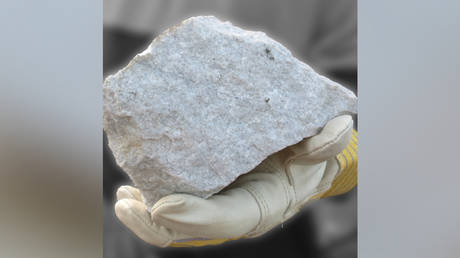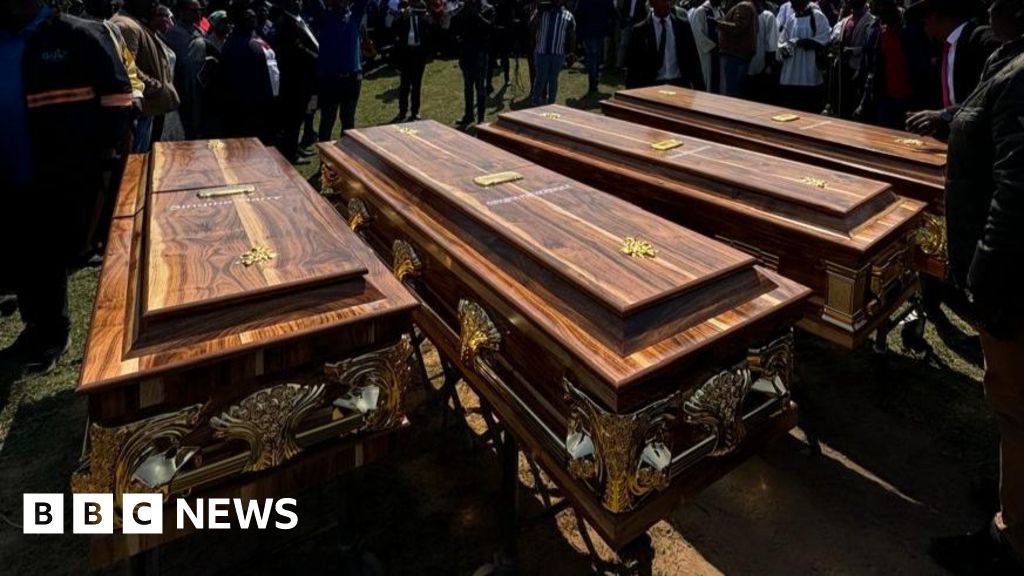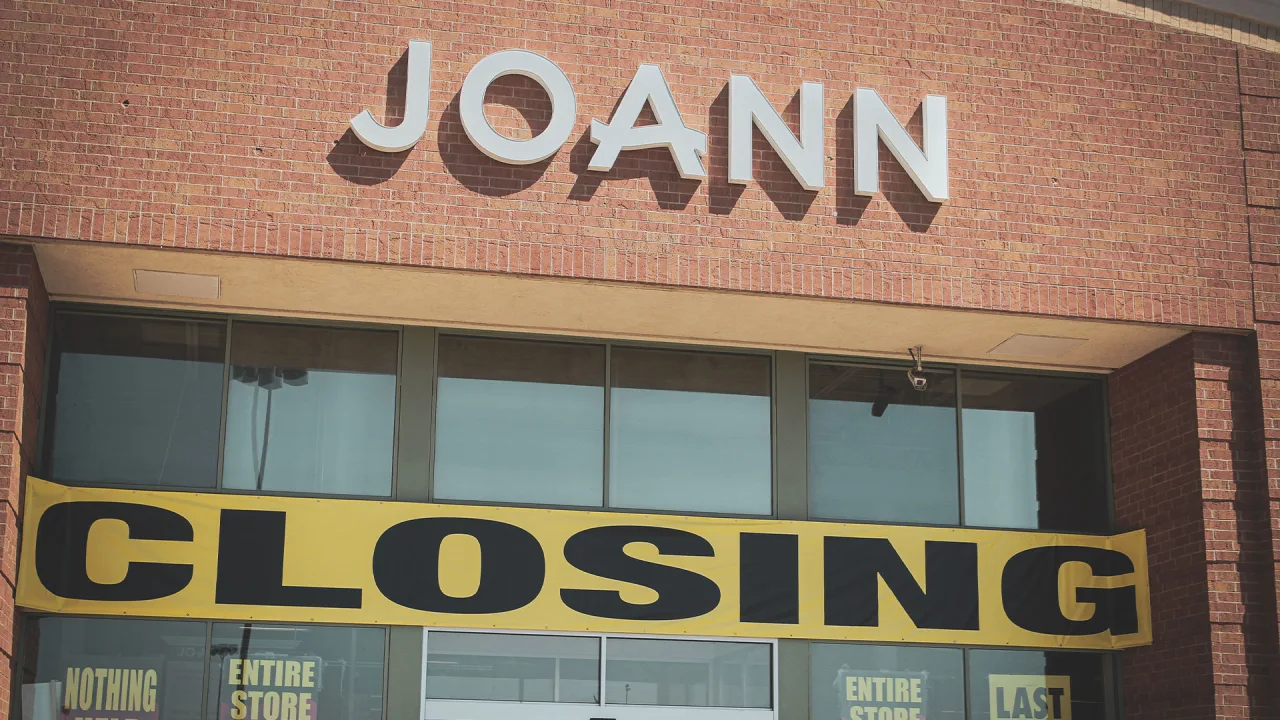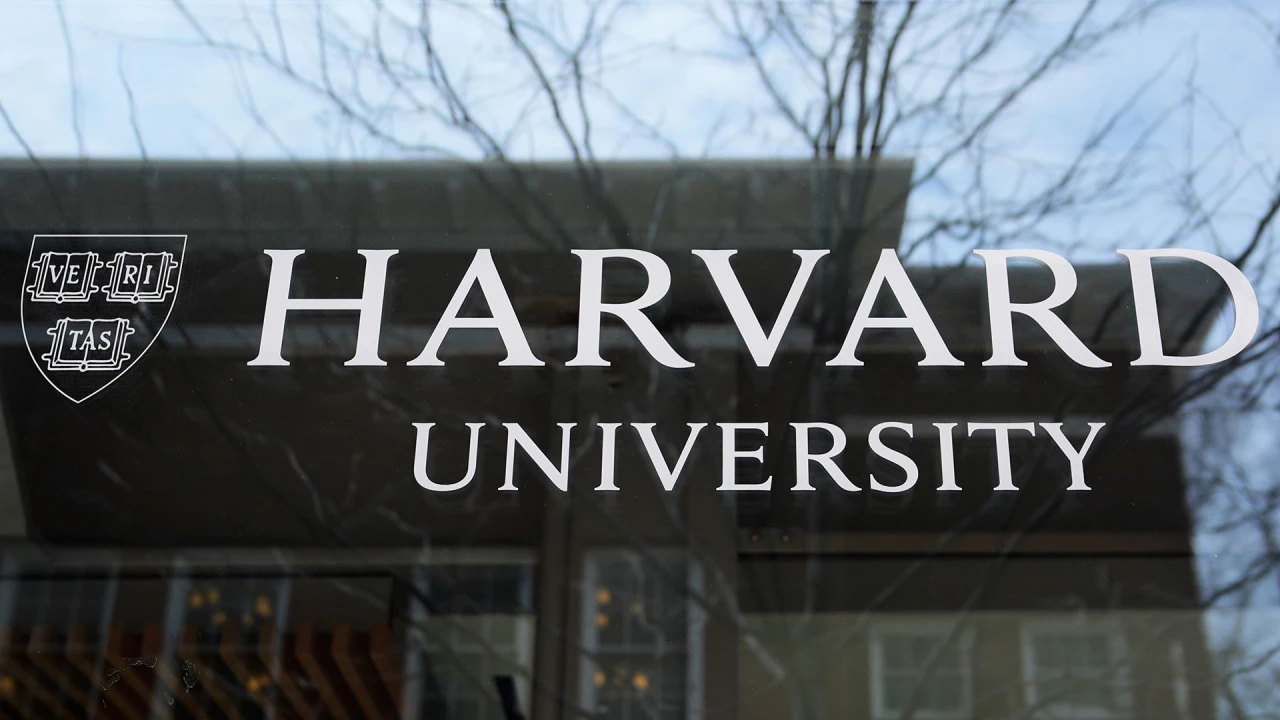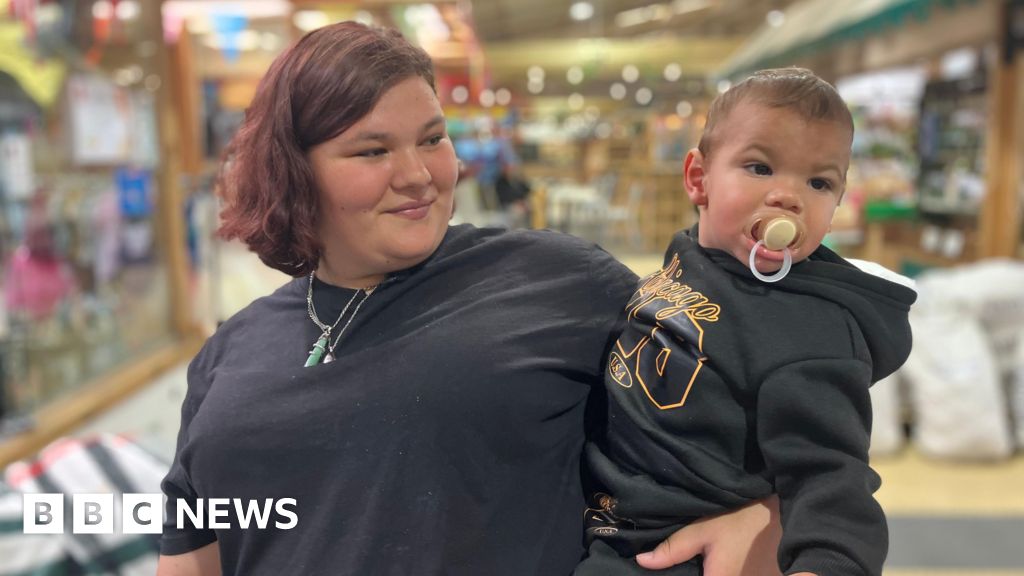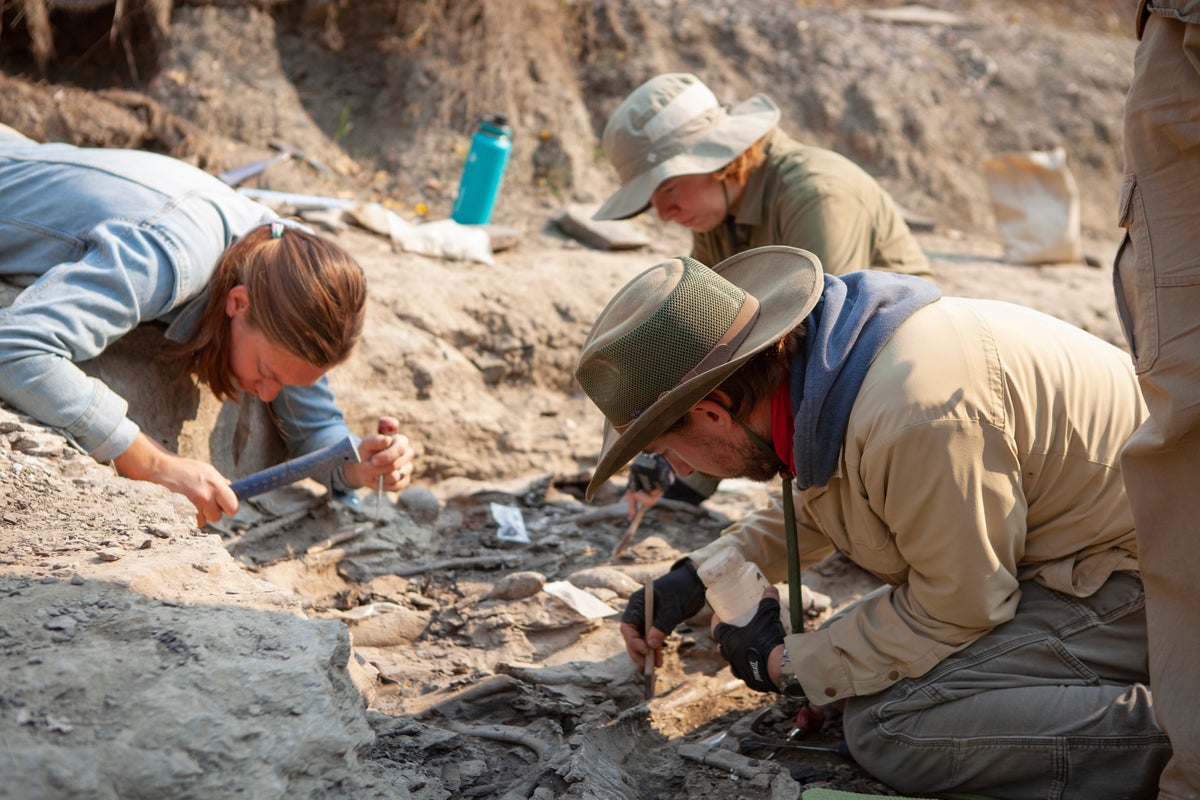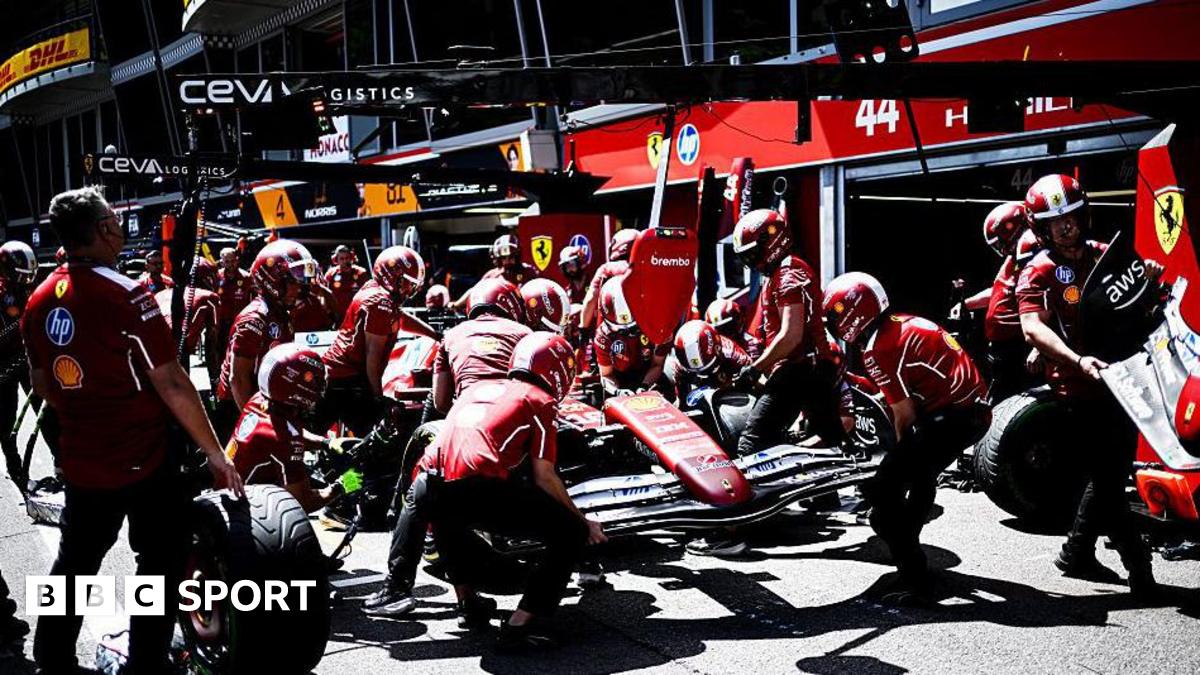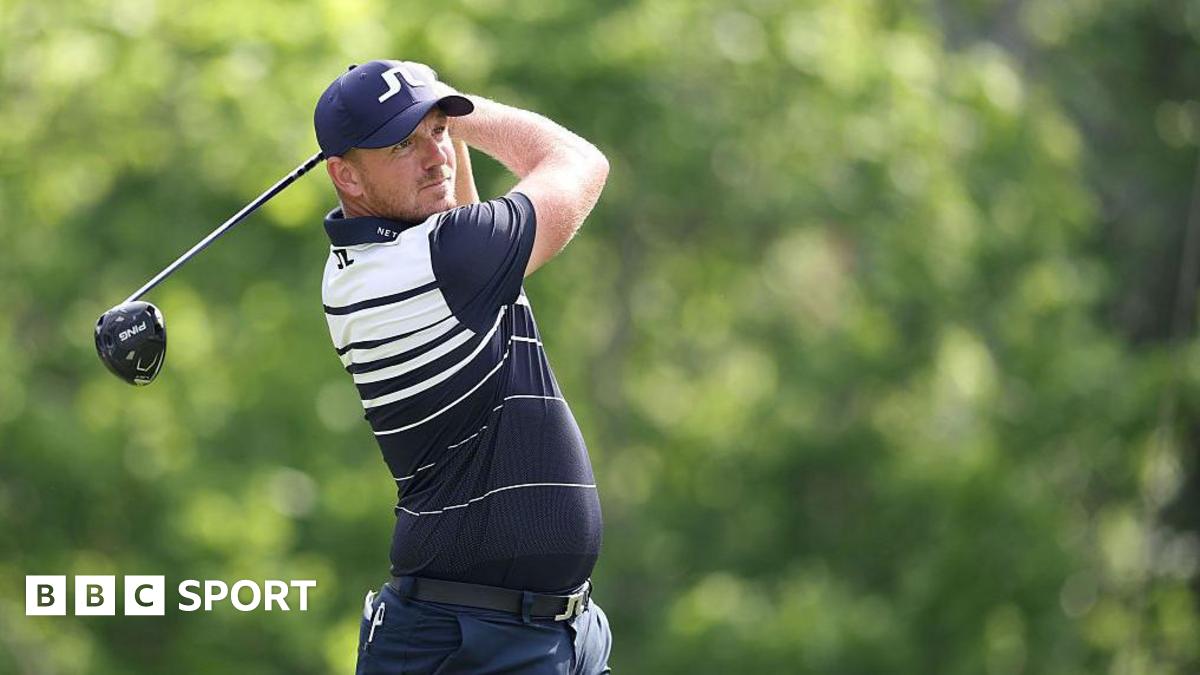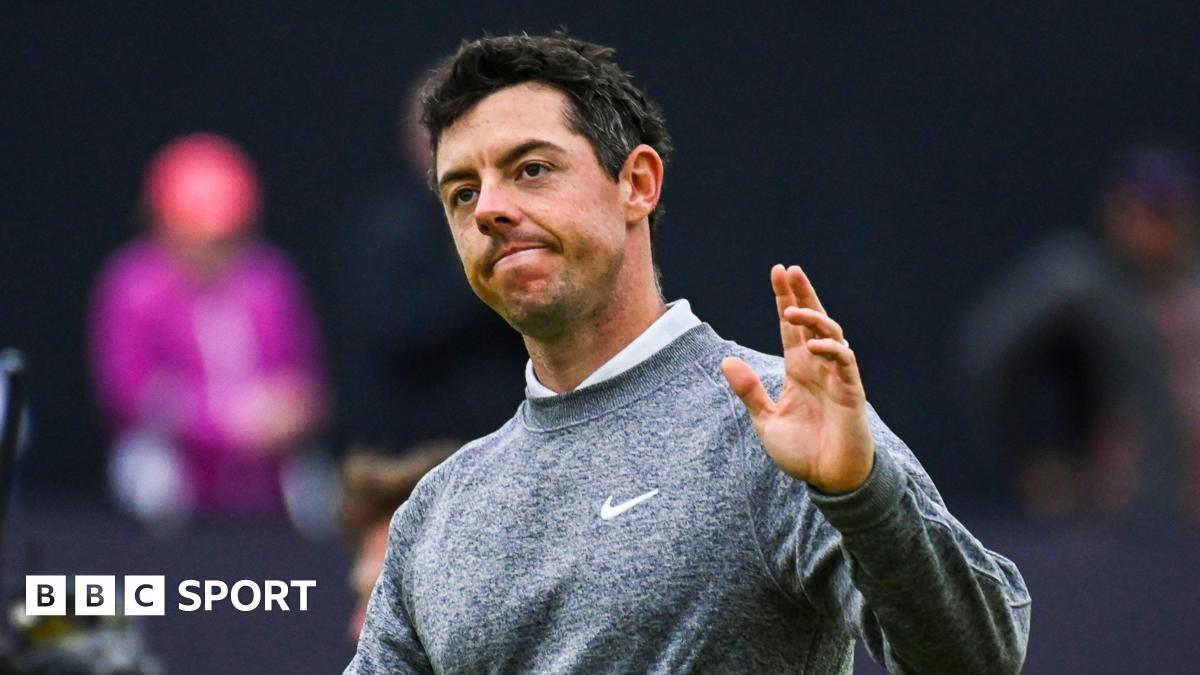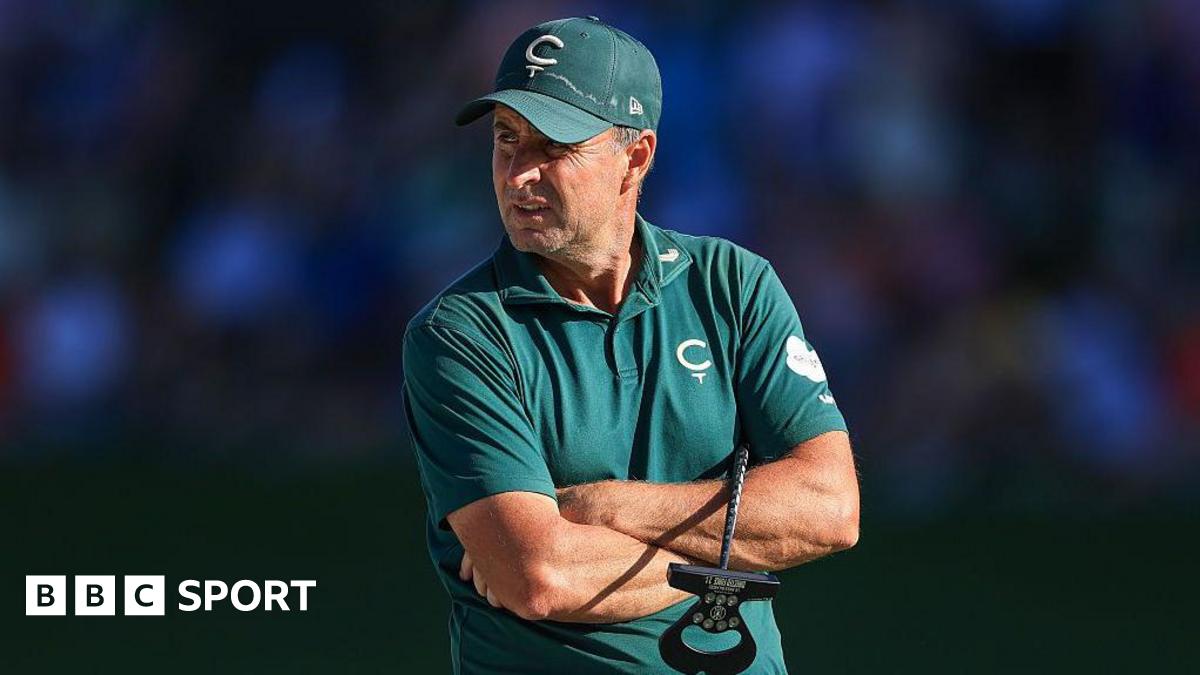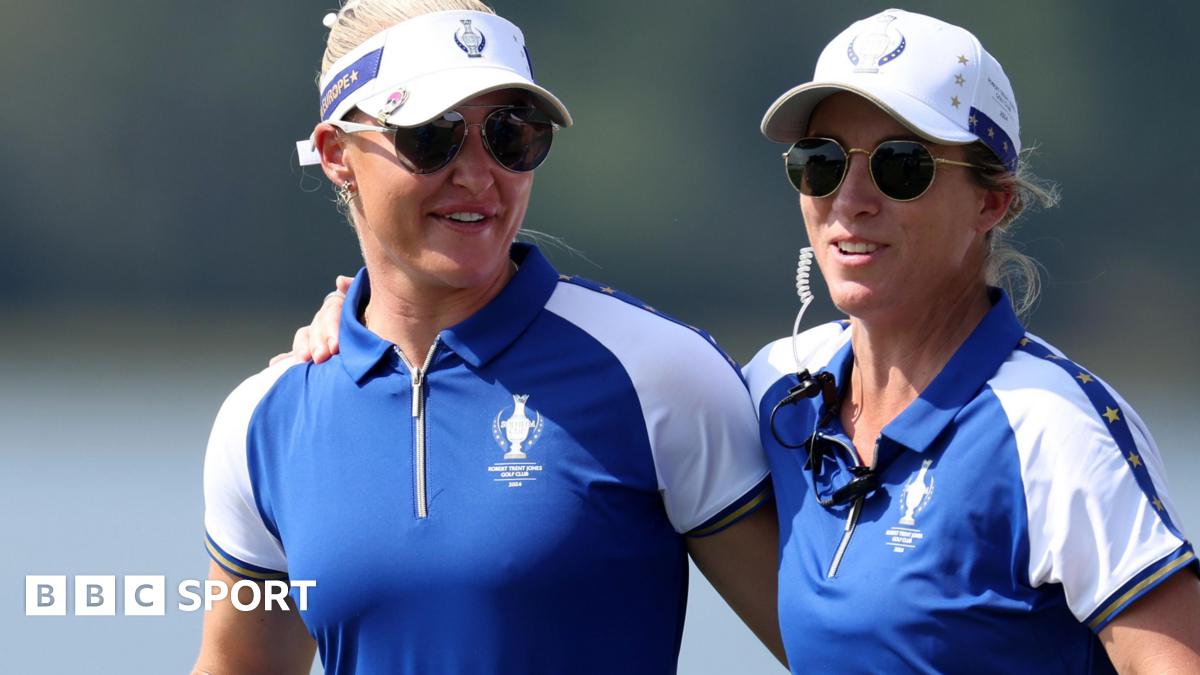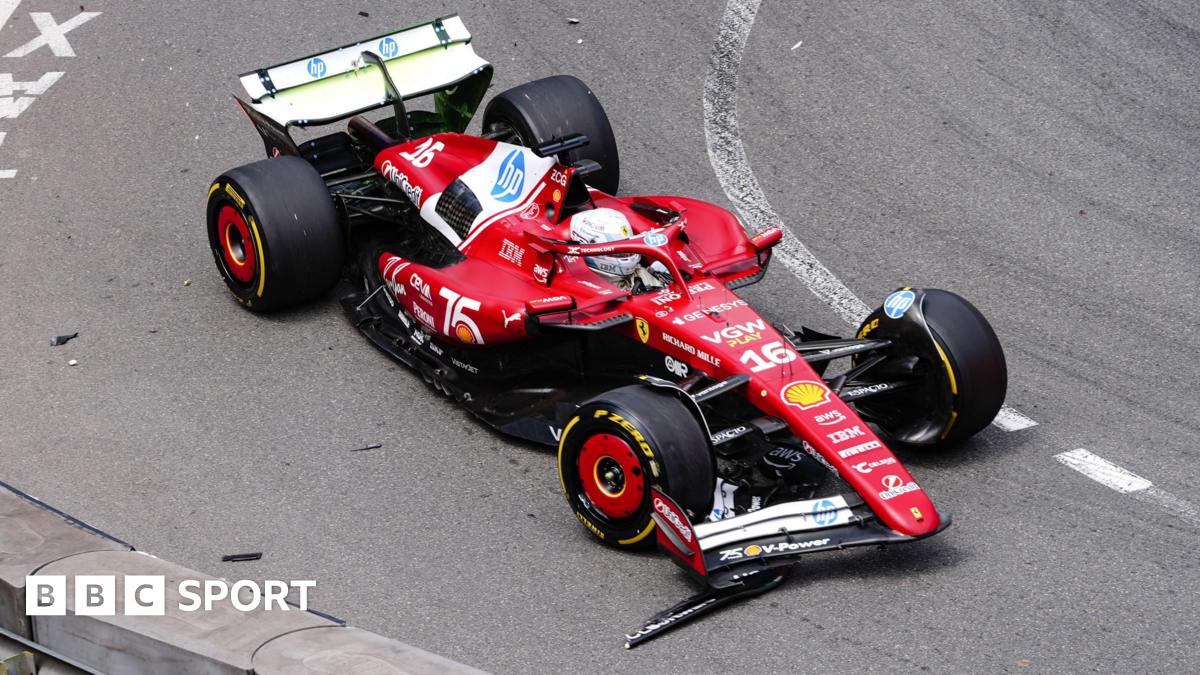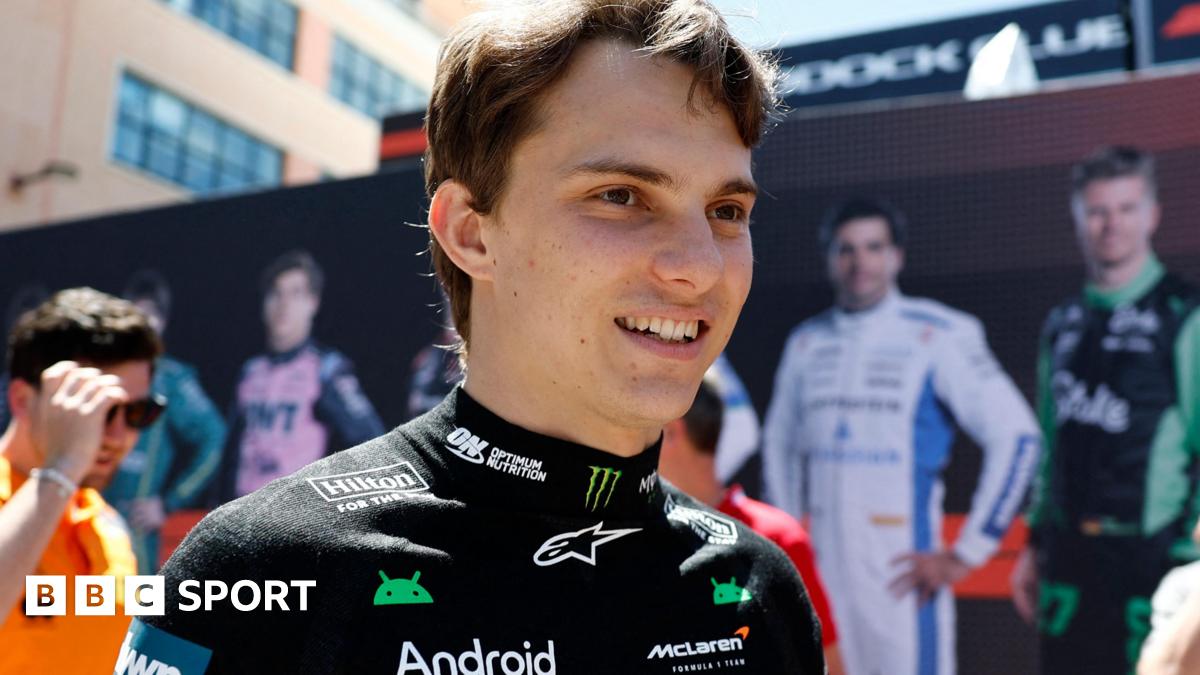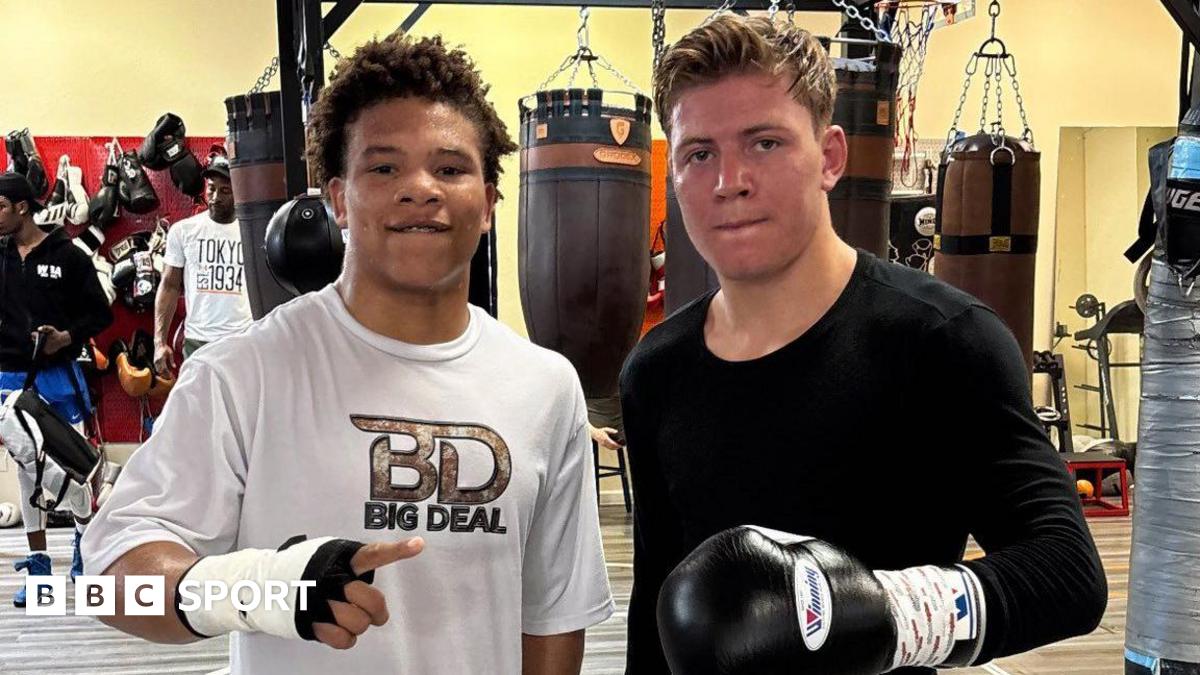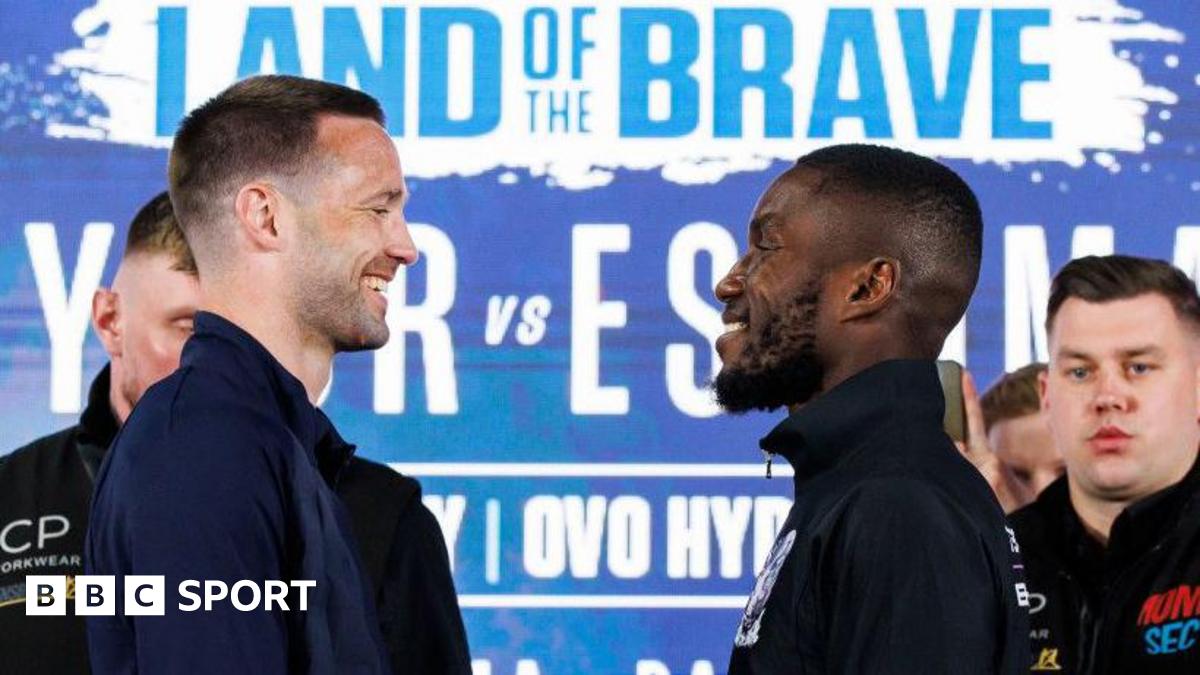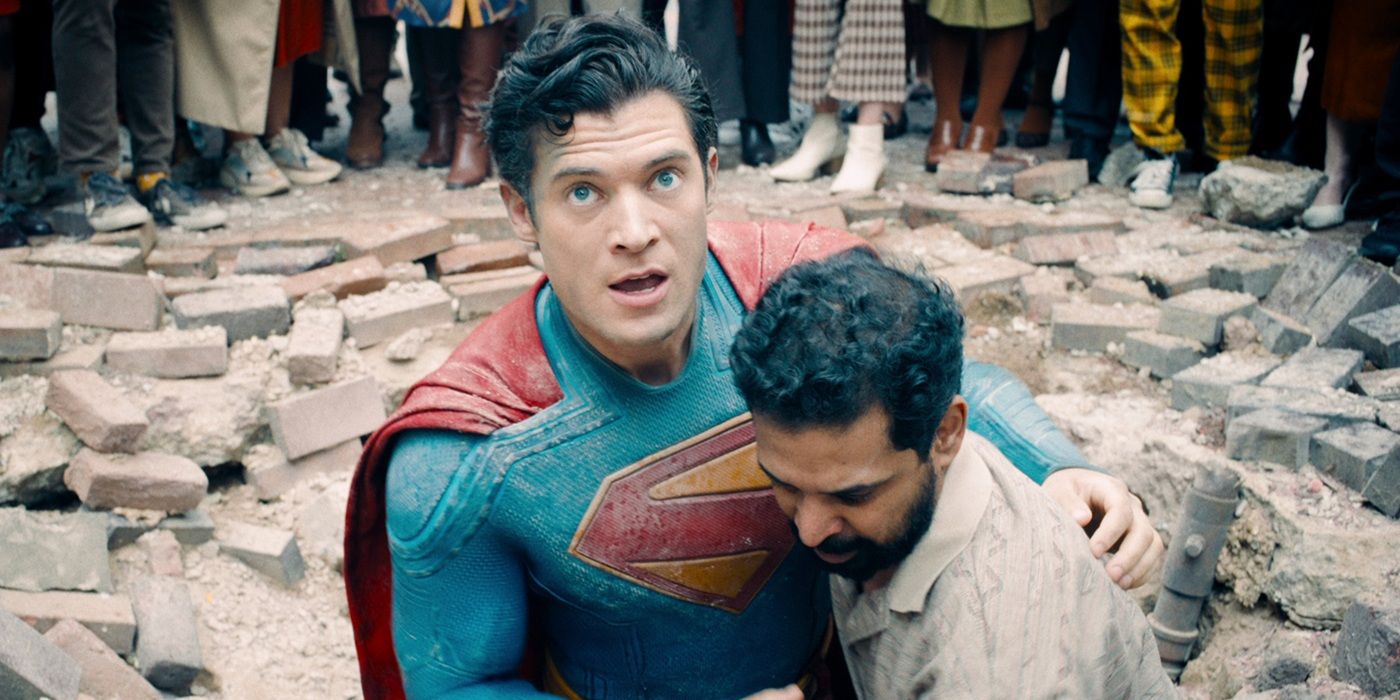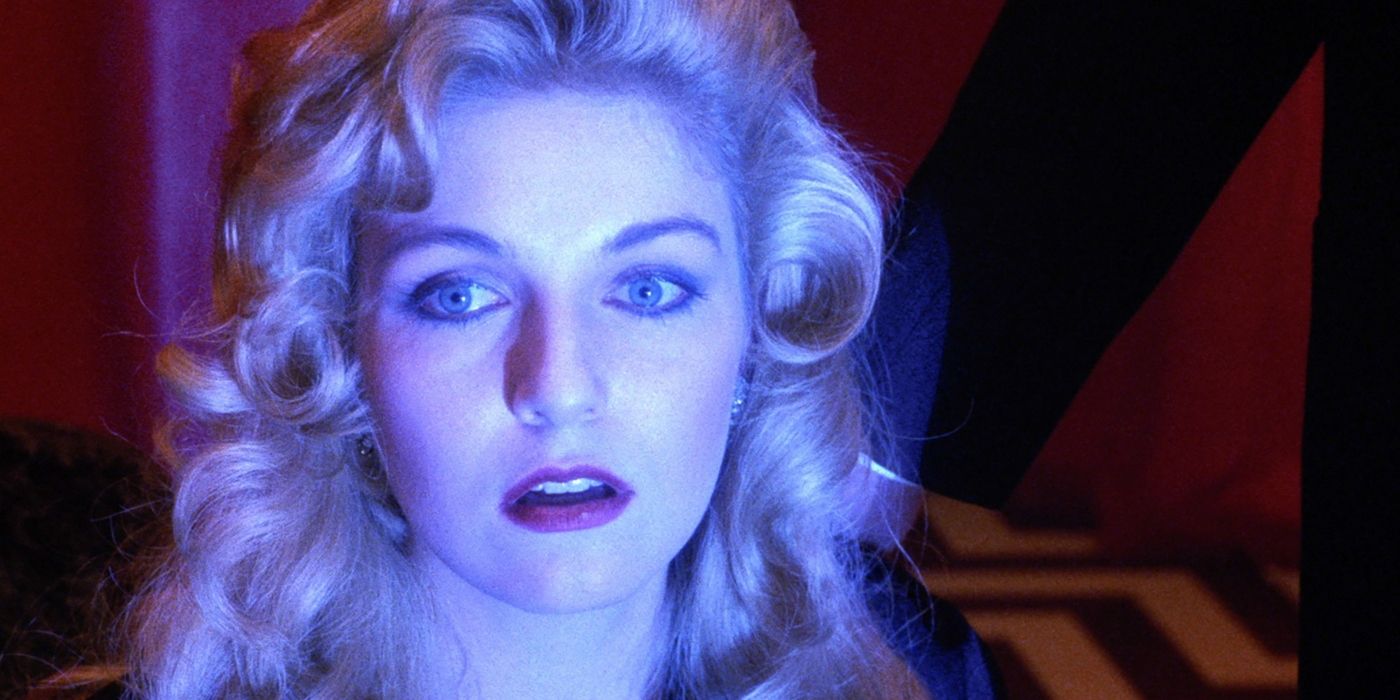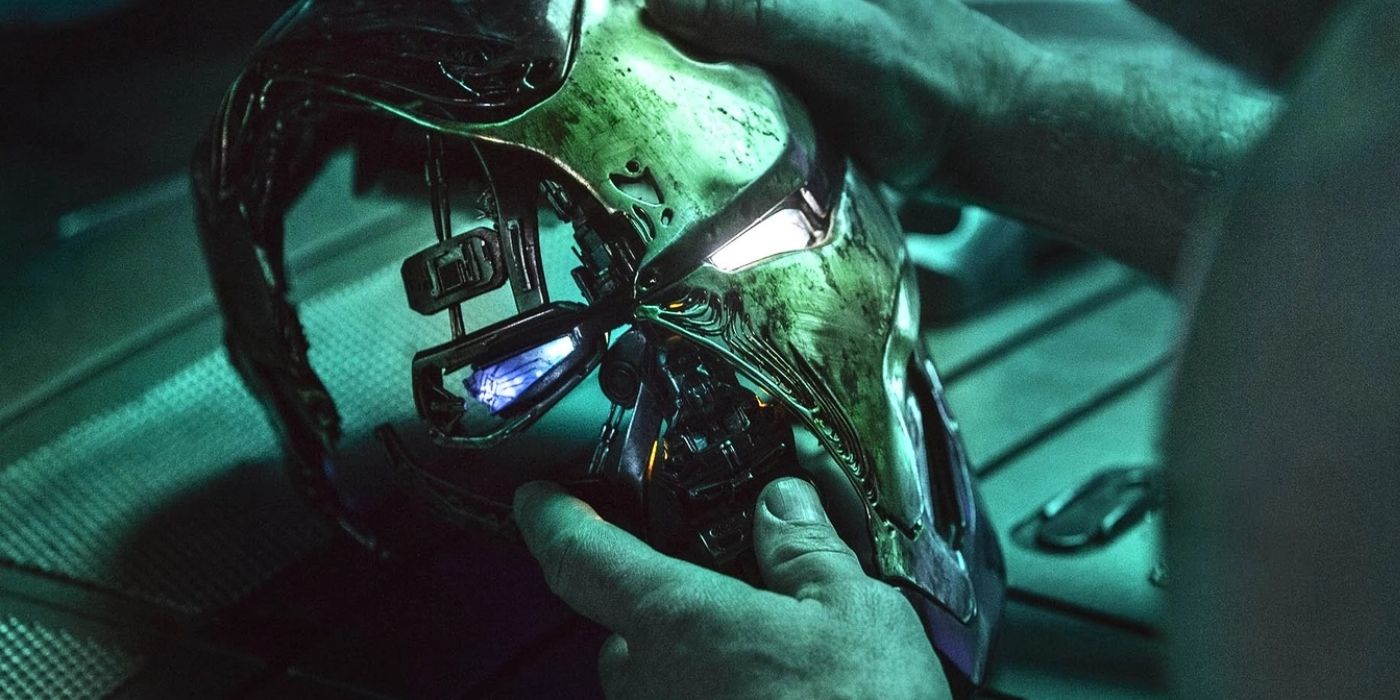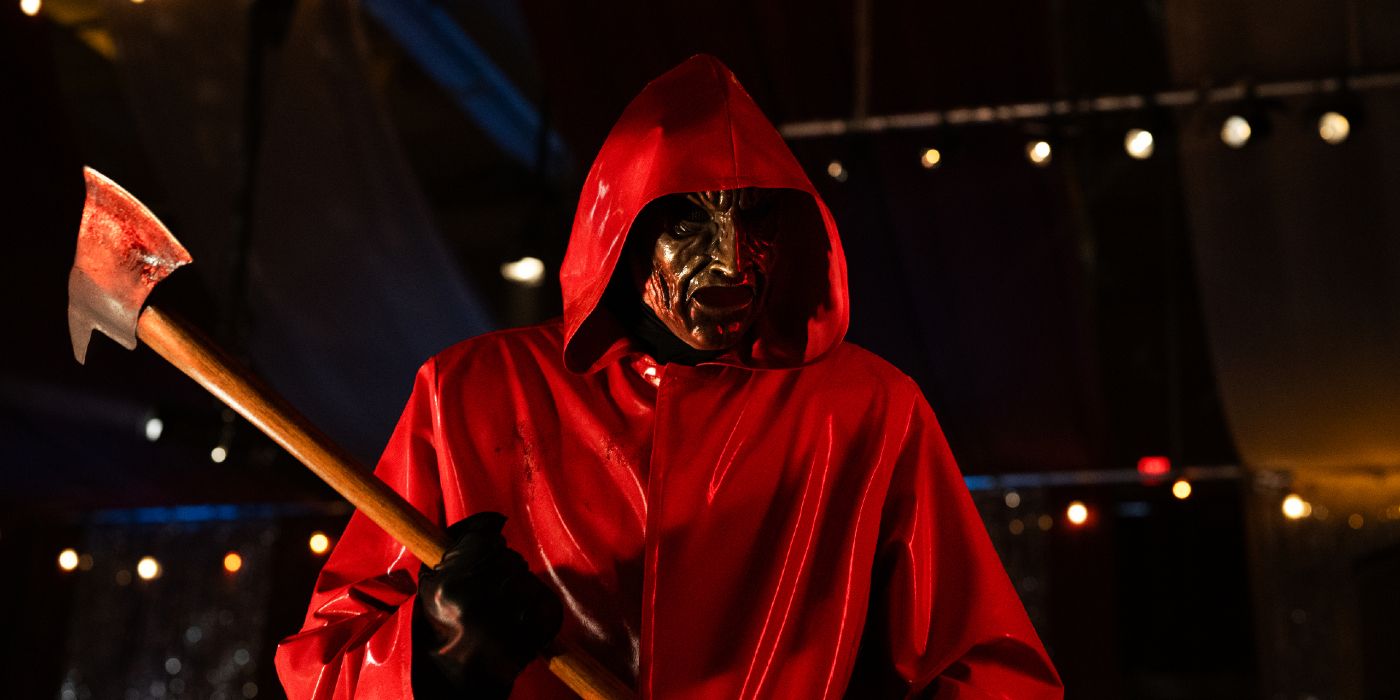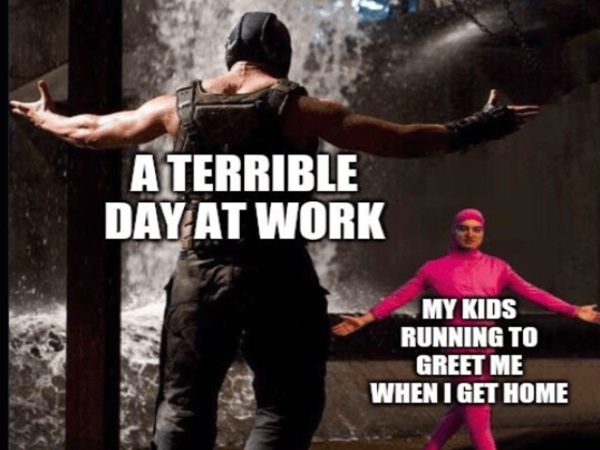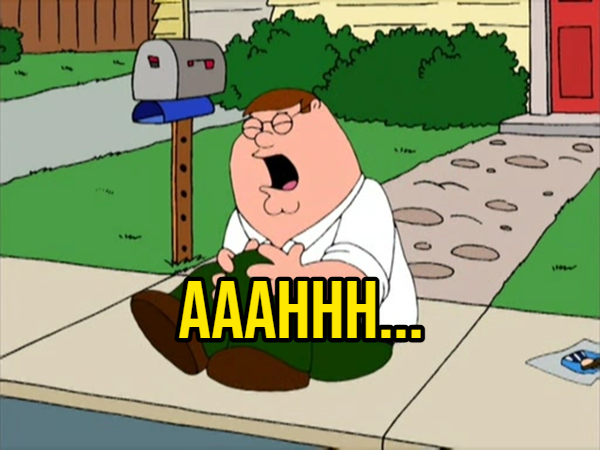These New Puritans: “If you’re always trying to chase what sounds new, you’re bound to sound old”


Jack and George Barnett are proof positive that progress is a slow process – the Southend twins’ fifth record, ‘Crooked Wing’, is only their second since 2013. Their glacial rate of return becomes more understandable, though, when you consider that every record they’ve made as These New Puritans has involved a daring and wholesale reinvention.
They’re one of those bands who disarm at every turn; in 2013, when they left the electronics of their first two albums behind to pursue mercurial art rock beauty, the result was ‘Field of Reeds’, an album that seemed to position them as natural heirs to Talk Talk. They followed that with what, they claimed at least, was their stab at commercial viability, but for all the directness of 2019’s swooningly romantic ‘Inside the Rose’, it still shimmered with strangeness.
No colours are off limits in their sonic palette; strings, field recordings, and even melons smashed with hammers have helped form their musical bedrock in the past. Now, on ‘Crooked Wing’, they’ve woven some of their most gorgeous sonic tapestries yet around an ancient foundation of church bells and pipe organs. The record is replete with tales of death, devotion and love among the ruins, inspired in part by the post-industrial wasteland in which much of it was written and recorded. It’s eccentric, exhilarating, and very These New Puritans – just a version of them we haven’t heard before.
Every These New Puritans record seems to take a long time to come together. Are you perfectionists?
Jack Barnett: “I don’t really believe in the romantic idea of the artist who labours over things endlessly to fulfil some whim; I think that’s a bit ridiculous and pathetic. So, I kind of feel bad about taking so bloody long to make a record, but there just isn’t really anything pragmatic or sensible about us. I would love there to be; the people who thrive in the music world are people who are hard-nosed and sensible. But I think we just believe that you should be able to just work – like any craft. Come up with the ideas, execute the ideas, move on to the next thing.”
I heard your studio in east London was in something of a unique location?
JB: “Yeah, on one side of us was this rubbish processing place; living next to that took about 10 years off my life. It was just this hellscape of broken furniture, and kids’ toys, and bits of trees, everything just being smashed up into a thousand pieces. It’s quite a sight to see. And across from that were two evangelical churches. So you had pulverisation happening on one side of us, and exorcisms on the other.”
How did bells and pipe organs end up so central to the record?
JB: “I love pipe organs. They’re such incredible machines, and I’m always amazed by how loud they are. Considering how old they are, I think back in the medieval period, they would have been far and away the loudest sounds you would ever have heard – bells and organs, before amplified sound. They’re usually in churches, and often you can go there and use them if you ask nicely. We went to Austria for the organ, because we wanted to use these particular pipes called Vox Celeste. People think phasing was invented in the ’60s, but they were actually doing it in the 1600s. It’s the exact same thing; two pipes that are basically identical with one tuned just lower than the other, to create that woozy, Steve Reich-type feeling. And there’s a lot of that on the record. It’s pretty central.”
Should we interpret the embrace of these ancient instruments as a rejection of the modern?
JB: “Not necessarily. I always like it when you can’t pinpoint when a record was made, what era it might be from. Nothing dates as badly as a particular time’s vision of the future. If you’re always trying to chase what sounds new, you’re bound to sound old. I do love electronic sound; I really love designing an electronic texture that just sounds out of this world.”
“I don’t believe in communicating anything that you could put into words”
Themes of machinery and mortality seem to crop up repeatedly on ‘Crooked Wing’ – were those on your mind during the writing?
JB: “I think there’s a feeling running through it of life being brutal and short, and that we sort of build this fragile edifice of dreams and beauty around it. There was a lot of life and death going on at the time; people dying, people being born. But honestly, I don’t really believe in communicating anything that you could put into words. For me, the music stands alone, and everything you need is in there.”

Did the sociopolitical state of things feed into those themes at all?
JB: “I’m sure it does in some way, but it’s not something I’d do consciously. To me, music should be a place where there’s no problems, where you can just get lost. That’s why I used to come home from school and write songs, just to make my own little world rather than reflect anything around me. I do like art that has both; like William Blake, he could be talking about the political situation of his time, but he’s also talking about eternity.”
A real standout on the record is ‘Industrial Love Song’. I think I’m right in saying that Caroline Polachek reached out to you first?
JB: “Yeah. I’d always envisioned that song as a duet; we had these synthetic voice sounds that we’d sketched out. So when she reached out, it just seemed to answer all of the questions that the song had been asking. She has an incredible voice; it’s otherworldly, almost kind of superhuman, and I like that in duetting with her, I can make the most of all my human frailties, all the imperfections that my voice has. That was fun – a beauty and the beast thing.”
Did you know in advance that Charli XCX was going to announce ‘These New Puritans summer’ at Coachella?
JB: “No! We saw it when everyone else did. But it was nice!”
Is she somebody else you might work with?
JB: “Yeah, never say never. She’s great.”
the summer we've all been waiting for
https://t.co/ZQxrDT2Xzl
— THESE NEW PURITANS (@TNPs) April 20, 2025
I wanted to ask about the influence of David Lynch on your work – the show you did in his honour in Manchester in 2019 was incredible, and seemed like a real labour of love. I could tell how important he must have been to you.
JB: “Yeah, he was. It goes back to when we were little; our older brother watched Twin Peaks when it was first on. He would have been 10 or 11, and our mum only let him watch it because she thought it was going to be a detective series like Inspector Morse or A Touch of Frost… and obviously, the vibe is quite different, to say the least. So my first memory was of peeking around the door to sort of steal glances at Twin Peaks – I wasn’t allowed to watch it – and I was fascinated. And when Lynch died, it really seemed to bring a lot of people together, and that’s rare these days – people who can unite the mainstream and the experimental. Those figures seem to be gradually dying off.”
These New Puritans’ ‘Crooked Wing’ is out now via Domino
The post These New Puritans: “If you’re always trying to chase what sounds new, you’re bound to sound old” appeared first on NME.
What's Your Reaction?
 Like
0
Like
0
 Dislike
0
Dislike
0
 Love
0
Love
0
 Funny
0
Funny
0
 Angry
0
Angry
0
 Sad
0
Sad
0
 Wow
0
Wow
0


